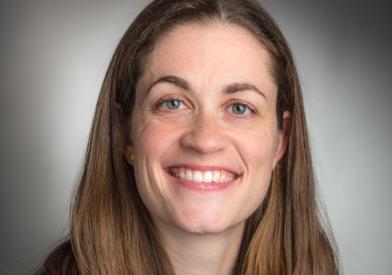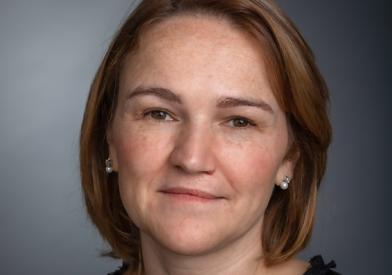Diagnosis and Treatment of IBC
Signs and symptoms of inflammatory breast cancer may include:
- Redness of the breast
- Breast swelling or enlargement
- Pain or itchiness of the breast
- Thickening of the skin on the breast and ridged or dimpled skin texture (peau d'orange)
- Swelling of the lymph nodes in the armpit or above/below the collarbone
Risk factors of inflammatory breast cancer include:
- Being a woman: Women are more likely to be diagnosed with IBC than men — but men can develop IBC, too.
- Being younger than 60: Patients with IBC are on average diagnosed at a younger age compared to patients with other forms of breast cancer.
- Being a person of color: Persons of color are more at risk of developing inflammatory breast cancer than white persons.
- Being overweight/obese: Overweight or obese persons have a greater risk of developing IBC, regardless of their menopausal status.
How is IBC different from mastitis?
IBC shares some outward similarities to mastitis and can be misdiagnosed at first. Mastitis sometimes involves a bacterial infection that is treated with antibiotics. IBC is not an infection and does not respond to antibiotics. If you are diagnosed with mastitis but don't respond to antibiotic treatment within a week, you should ask your doctor about testing for inflammatory breast cancer.
How is IBC diagnosed?
If you experience any of the symptoms above, contact your physician immediately. IBC is typically diagnosed through a clinical exam and confirmed with a breast biopsy. We can help coordinate your breast imaging and a clinical evaluation, which may include a biopsy. Prompt and accurate diagnosis and treatment are important because of the aggressive nature of the disease.
If you have not been diagnosed yet, our IBC specialists at Dana-Farber Brigham Cancer Center will work quickly to determine whether your symptoms are IBC or something else (such as a breast infection). If a diagnosis of IBC is determined, your dedicated team of IBC clinicians will work together to create and oversee a personalized treatment plan, based on your specific disease.
What are the next steps after IBC is diagnosed?
Once a diagnosis of IBC is confirmed, we will schedule your appointment with a dedicated team, which can include medical, surgical, and radiation oncologists, as soon as possible. Our multidisciplinary team reviews all diagnostic imaging and coordinates further imaging or biopsies as needed, to ensure that the best information is available for treatment planning.
What are the treatments for inflammatory breast cancer?
- Chemotherapy: Because IBC involves the entire breast and blood stream, the primary treatment is chemotherapy, sometimes in combination with other medications. This may include a clinical trial.
- Mastectomy: Once we have achieved the best response possible from chemotherapy, we often recommend surgery in the form of a mastectomy. Since IBC involves the lymphatic system — special blood channels that encompass the entire breast — a mastectomy is the only way to remove the cancer in the breast and lymph nodes under the arm (axilla).
- Radiation therapy: Radiation therapy is used following surgery to address any residual cancer left behind in the skin or lymph nodes.
- Additional treatments after surgery: Sometimes additional chemotherapy, hormone therapy, or other medications are recommended after surgery.
- Treatment for IBC that has spread to other parts of the body: If your IBC has spread to other parts of the body, such as bone, liver, or lungs (known as metastatic cancer), your treatment will require chemotherapy or other drugs that work throughout the body, as well as on the IBC in the breast. Mastectomy and radiation therapy may not be needed but can be beneficial for some women with metastatic IBC. Our specialists will work with you to develop a treatment plan based on your specific disease, as well as your goals and values.
Learn more about our approach to caring for patients with all types of breast cancer.
What are my options for reconstructive surgery?
While women with other forms of breast cancer may opt for breast reconstruction immediately following a mastectomy, we recommend that IBC patients considering reconstruction delay the procedure. Many patients may safely choose to have reconstruction approximately 6 months to one year after completing radiation.
What support services are available?
IBC nurses and staff will connect you with support services both at Dana-Farber and in your community. Through this coordinated approach, your entire clinical team will work with you not only to treat your IBC, but also to provide support every step of the way.
IBC specialists coordinate your care with pharmacy, nutrition services, social workers, pain management specialists, and many other support services, to ensure that you feel as well as possible throughout your treatment.










